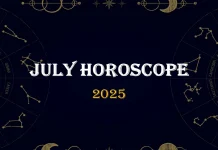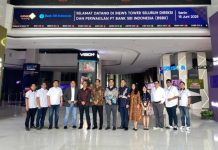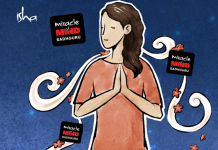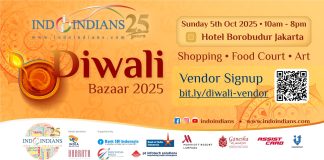By Pri Notowidigdo
Ninin (fictitious name), one of my students, came up to me the other day, and asked me whether her MM/MBA degree would guarantee her a satisfying and well-paying job after she graduates. She has an accounting degree coupled with seven years of work experience. I teach a course in a joint MM/MBA Programme at IPMI (The Indonesian Institute for Management Development)/Monash University.
The fact that she even raised the question halfway through her studies made me wonder why she was even in the programme in the first place. It also made me think of my own “education,” in the broadest sense of the word, and how people I have admired in life have educated themselves. It seems to me that how we learn is as important as what we learn.
When I was a little boy growing up, my father and mother were constantly exposing and encouraging me to appreciate music, art, travel, history, and other cultures. At that time, I didn’t fully understand, in particular, Bapak’s passion for classical music ranging from Javanese gamelan music to Beethoven nor Ibu’s curiosity and love of people. Only in reflecting back have I been able to see the value of the educational foundation that my parents had shaped for me.
My parents’ efforts had been to try to provide me with an education that touched my heart and inspired my soul. They wanted to instill in me the drive to take responsibility for my own life, for my beliefs about the world, and for the people in my life with whom I meet, live, or work.
In this regard, what are the things that have mattered ? Charles Handy, a writer who has lived and observed life, highlights a number of thoughts on educating oneself which bring home to me the wisdom of my parents and the parents of other people:
-
The discovery of oneself is more important than the discovery of the world. While both are important, we need to build up a belief in our competence to deal with it. One way to do this is to identify what you can make or do that will bring value to other people and that you enjoy doing.
-
Everyone is good at something. School traditionally teaches us to try to know facts, be able to reason and conceptualize, and know how to work with numbers. Some of us do these things better than others. But there is more to this if we think of the range of possibilities for us such as: language ability, the ability to see patterns in things, intuition, self-awareness and self-control, common sense, the ability to get things done with and through people, and musical talent. These are things that can be applied quite readily and effectively in life.
-
Life is a marathon, not a horse race. In a horse race, only the first three count. In a marathon, everyone who completes the course is a winner; most of the runners are running against themselves, seeking to better the standards which they set themselves.Â
-
Knowing ‘what’ is not as important as knowing ‘where, ‘how,’ and ‘why.’ In life and in work, we learn things when we need them, not before we need them. In this regard, parents or anybody, for that matter, as ‘teachers‘ will have to be prepared to encourage their ‘students‘ to search for facts and theories in the Internet or other sources to gain knowledge.
-
Life is a journey which starts at home. Life is a process of discovery – of who we are, what we can do, and, ultimately, why we exist and what we believe. The discovery will change the way we see ourselves prompting us to seek new directions, and discovering new capacities and new reasons for our existence. It is not enough to survive.
-
Learning is experience understood in tranquility. We learn by reflecting on what has happened. The process seldom works in reverse.
If we begin to apply the thoughts discussed above, young and older people alike will acquire (or continue to build) the self-confidence that is the foundation of self-respect and responsibility.
Pri Notowidigdo
The Amrop Hever Group
Global Executive Search
Bapindo Plaza, Citibank Tower, 14/F
Jl. Jend. Sudirman, Kav 54-55
Jakarta 12190, Indonesia
E-mail: prijkt@cbn.net.id , jakarta@amrophever.com
Web-site: www.amrophever.com






